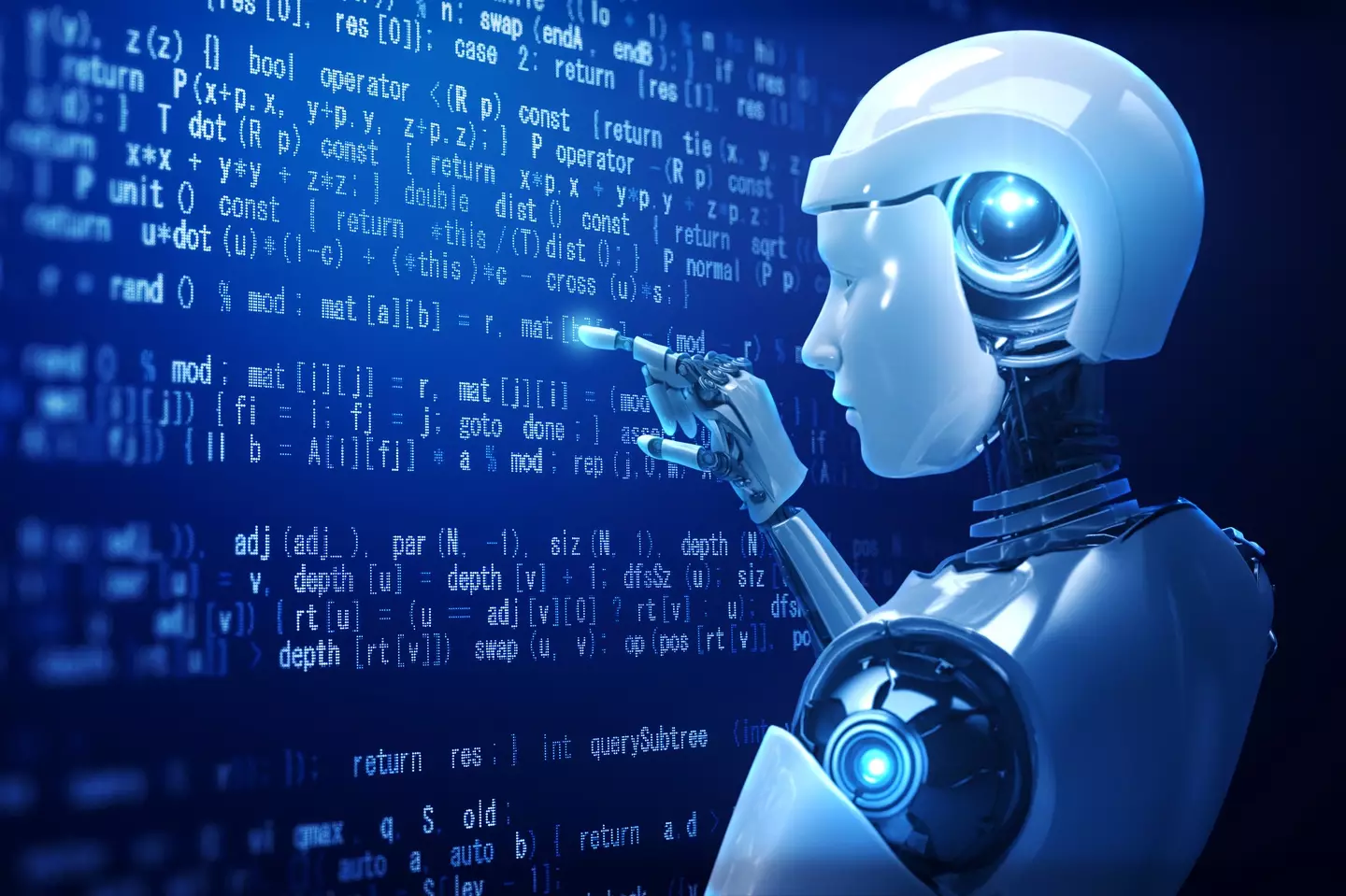
The conversation about AI replacing human workers has been swirling for years, but it's usually been filled with vague predictions and distant timelines.
Now, OpenAI co-founder and CEO Sam Altman has given us some brutally honest answers about which jobs are at the highest risk.
In a recent high-profile discussion with Federal Reserve Vice Chair Michelle Bowman in Washington D.C., Altman discussed what our future society will look like alongside AI.
"I have never seen a technology revolution quite like this," the AI developer said, adding that 'entirely new classes of jobs will come.'
Advert
Altman was also optimistic about programming jobs and small businesses.
Computer programmers are reportedly '10 times more productive' with AI, while their salaries in Silicon Valley are rising 'extremely rapidly' due to the demand for a 'gigantic amount more software.'
.jpg)
Small businesses will also see a boom as AI develops and evolves.
Altman shared the story of an Uber driver who's now running 'his entire small business on ChatGPT' - using it for contracts, customer support emails, marketing, and ad bidding. The entrepreneur said this business 'would have failed' without AI because the owner couldn't afford to hire human professionals for these specialised roles.
However, when pressed about which specific jobs are most at risk, Altman was direct.
According to the man behind ChatGPT, customer support roles will be 'totally, totally gone' as AI continues to improve.
As alarming as it sounds, this revolution is already happening.

"Now you call one of these things and AI answers. It's like a super-smart, capable person," Altman described the current state of AI customer service.
"There's no phone tree, no transfers. It can do everything that any customer support agent at that company could do."
Approximately 30% of US companies say they've already replaced workers with AI tools and that number is expected to jump to 38% by the end of 2025.
Meanwhile, for people working in physical roles like construction, manufacturing and hospitality, Altman offered some reassurance, at least in the short term.
"Things in the physical world will keep being done by humans for a while," Altman said.
"When the robotics wave comes crashing in another 3 to 7 years, I think that's going to be a really big thing for society to reckon with."
Despite AI's growing capabilities in medical diagnosis, Altman believes healthcare will remain human-centred for the foreseeable.
"ChatGPT today, by the way, most of the time, can give you better, it's like, a better diagnostician than most doctors in the world," Altman explained before quickly adding: "Yet people still go to doctors, and I am not, like, maybe I'm a dinosaur here, but I really do not want to, like, entrust my medical fate to ChatGPT with no human doctor in the loop."